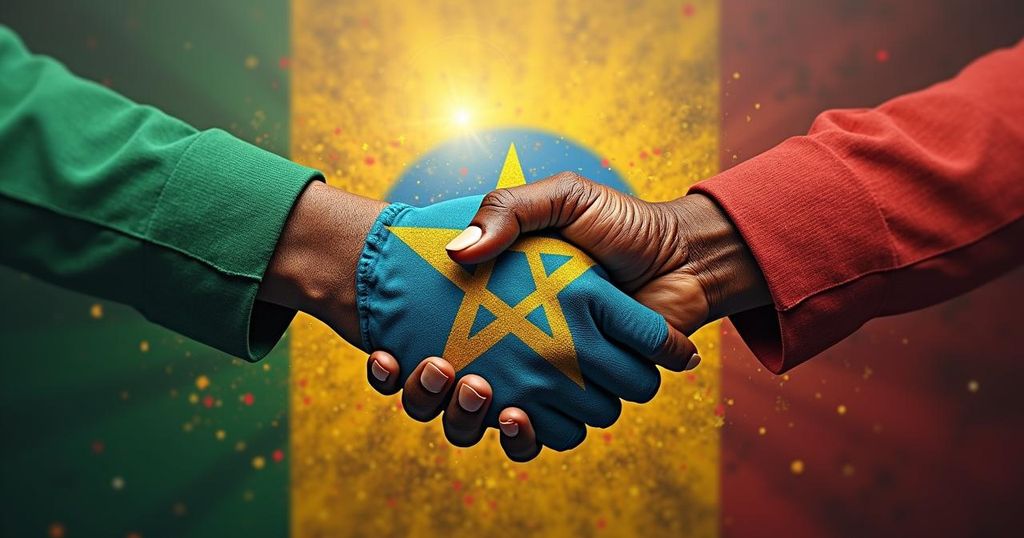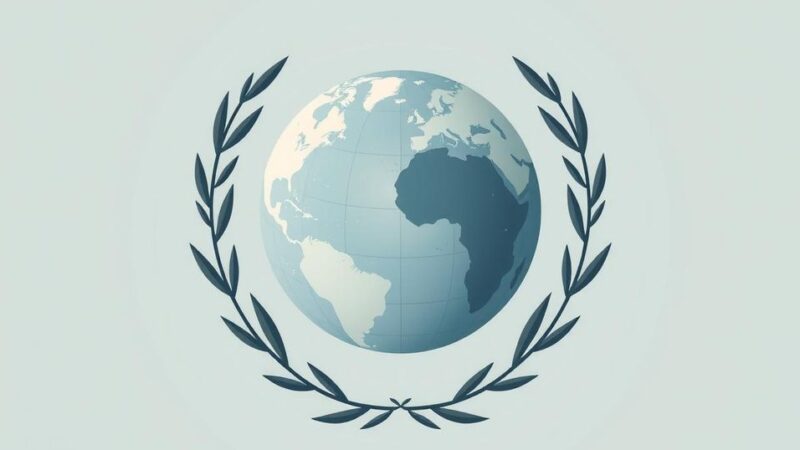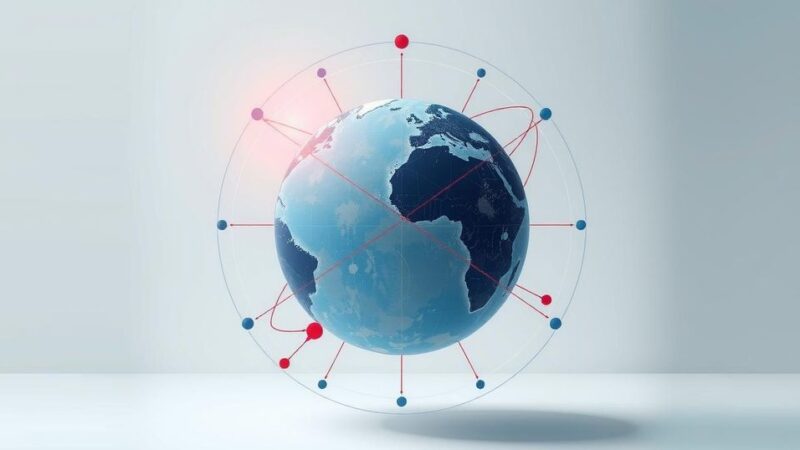On October 10, Eritrean President Isaias Afwerki hosted a trilateral meeting with Somalia’s President Hassan Sheikh Mohamud and Egypt’s President Abdel Fattah el-Sisi to address growing tensions with Ethiopia. The discussions focused on enhancing cooperation to bolster Somalia’s security against terrorism and joint regional stability amidst Ethiopia’s controversial relations with Somaliland. Despite aggressive posturing, analysts suggest that the likelihood of direct military confrontation remains low due to internal crises in each country.
On October 10, Eritrea’s long-standing leader, Isaias Afwerki, convened a significant trilateral summit in Asmara with President Hassan Sheikh Mohamud of Somalia and President Abdel Fattah el-Sisi of Egypt. The discussions were primarily centered around asserting the sovereignty of each nation against perceived exterior interference, as articulated in a joint statement released post-meeting. The three heads of state concluded with a commitment to enhance cooperation, focusing particularly on strengthening Somali state institutions to enable the country to better combat terrorism, safeguard its terrestrial and maritime borders, and uphold its territorial sovereignty. This summit, following several months of strained relationships with Ethiopia, dovetailed with escalating tensions between Ethiopia and Somalia. The deterioration of Ethiopian-Somali relations accelerated after Ethiopia purportedly signed a memorandum of understanding with Somaliland—a territory unrecognized by Somalia, which claims it to be integral to its national territory. Ethiopia’s proposition to acknowledge Somaliland’s autonomy in exchange for rights to a coastal base further heightened tensions in the region. Egypt capitalized on this discord, intensifying its diplomatic and military strategy against Ethiopia, particularly in regard to the Grand Ethiopian Renaissance Dam (GERD)—a contentious project with significant implications for Egypt’s water resources. In an effort to bolster Somalia’s defenses, Egypt initiated a military cooperation agreement in August and has since dispatched several weapon shipments to Mogadishu, while also suggesting the deployment of troops as a replacement for Ethiopian forces currently engaged in countering Al-Shabaab insurgents in Somalia. Somalia’s assertion to expel Ethiopian forces by year’s end unless the controversial MoU is annulled is indicative of the fraught situation. Eritrea, having aligned with the Ethiopian government during the Tigray conflict, has now found itself at odds with Addis Ababa. Afwerki harbors suspicions regarding Ethiopia’s potential ambitions for Eritrea’s coastlines—a critical concern since Eritrea’s loss of access to its ports during its secession in 1993. Analysts suggest that Afwerki perceives a looming threat of direct conflict, leading him to fortify alliances with Ethiopia’s adversaries.
The geopolitical landscape surrounding Eritrea, Ethiopia, and Somalia is marred by longstanding hostilities and recent escalations prompted by Ethiopia’s military agreements and its dealings with Somaliland. The implications of regional alliances take center stage, particularly as Egypt and Eritrea align against Ethiopian interests in a complex web of diplomacy and military strategy. These developments are often framed within the historical context of Eritrea’s turbulent relationship with its neighbor, exacerbated by Ethiopia’s actions concerning maritime access and territorial integrity.
Overall, the trilateral summit reflects a significant strategic alignment among Eritrea, Egypt, and Somalia, aimed at countering Ethiopia’s regional influence. While there is an apparent intent to bolster sovereignty and security collaboratively, the potential for direct military confrontation remains mitigated by internal challenges within each nation. Continued diplomatic maneuvers are essential to navigate this multifaceted crisis.
Original Source: www.theafricareport.com






